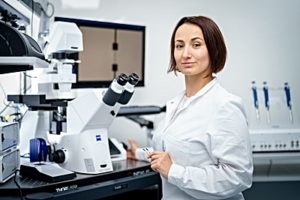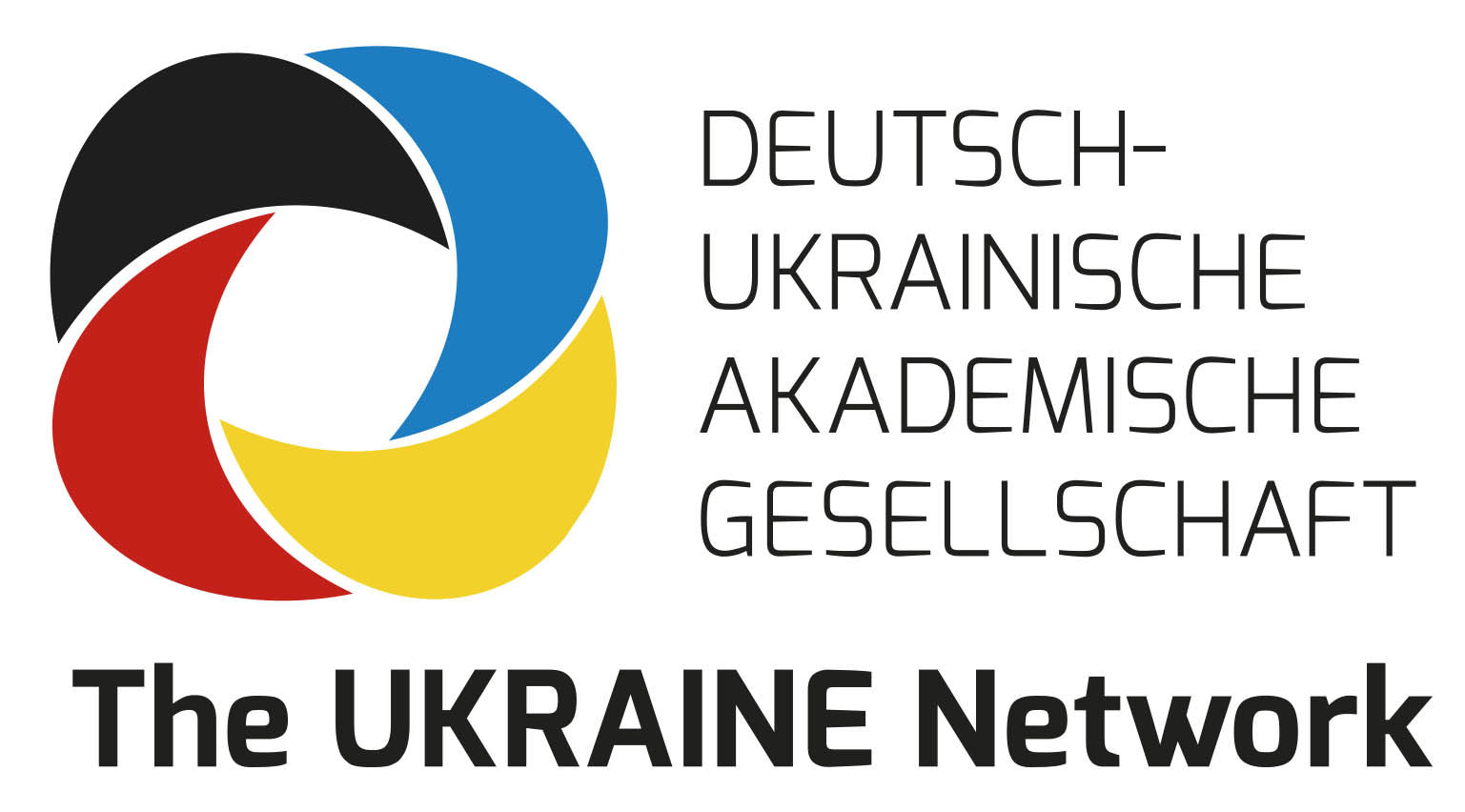
Cancer is undoubtedly a formidable disease. What is known as “immunotherapy” is increasingly becoming the scientific focus in the fight against it. Can a particular patient be treated using this approach? How does the tumor protect itself? Which immunotherapy should be used? With her ERC-supported project Dr Larysa Baraban from the HZDR Institute of Radiopharmaceutical Cancer Research aims to develop a platform called “ImmunoChip” to study the elements of the cancer-immunity cycle using nanolectronics as a tool. In order to digitilize the tumor properties, Larysa is expanding the portfolio of methods in cancer research to include nanosensor technology.
This continues her prior work on developing bio-nanosensors for medical diagnostics. This research has a high potential to lead to customized immunotherapies and therefore to an improvement in treatment results, ultimately helping to save more lives.
Larysa Baraban studied physics at the Faculty of Radiophysics (now Faculty of Radiophysics, Electronics and Computer Systems) of the Taras Shevchenko National University of Kyiv (1999 to 2005). She then moved to the University of Konstanz (Germany) to undertake her doctoral research. As postdoctoral researcher she carried out her research at the Pierre and Marie Curie University (now Sorbonne University) in France. In 2011 she moved to Dresden, Germany, where she first worked at the Leibniz Institute for Solid State and Materials Research Dresden and then at the TU Dresden. In 2020 she became an independent group leader at the Helmholtz Center Dresden Rossendorf.
It is noteworthy that three other graduates of the same Faculty of Larysa’s year were awarded ERC grants:
- Dr Denys Makarov (HZDR, Germany): ERC Starting Grant “SMaRT: Shapeable Magnetoelectronics in Research and Technology” in 2012 and an ERC Proof-of-Concept Grant “MagnetoFLEX: Ultra-thin flexible Magnetic sensorics” in 2013 and “ANALYTICS: All-electrical analytic platform for digital fluidics” in 2017.
- Prof. Andrii Chumak (NanoMagnonics, Faculty of Physics, University of Vienna): ERC Starting Grant MAGNONCIRCUITS: “Nano-Scale Magnonic Circuits for Novel Computing Systems” in 2016
- Dr Anton Kuzyk (University of Aalto, Finland): ERC Consolidator Grant “Electrically driven DNA- origami-based machines” in 2021
See also other ERC grantee news here
